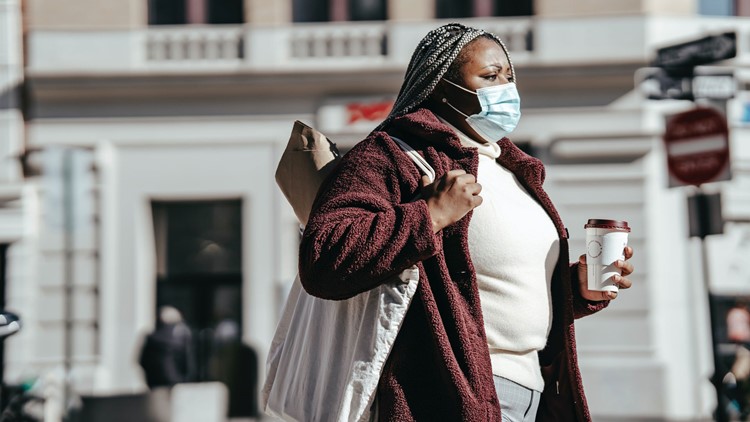(Sponsored Content from Baylor Scott & White Health)
- Who should get the COVID-19 vaccine?
The short answer — everyone. In order to achieve herd immunity and resume life as normal, a large portion of the population must be immunized against the COVID-19 virus. By definition, herd immunity is “the resistance to the spread of an infectious disease within a population that is based on pre-existing immunity of a high proportion of individuals as a result of previous infection or vaccination.”
So, what will it take to get there?
“There is no magic number, and opinions vary,” said Stephanie Kreiling, RN, BSN, MPH, CIC, director of infection prevention and control for Baylor Scott & White Health. “Still, most experts agree that for herd immunity to be realized, around 70-90 percent of the population must be immunized.”
- What the vaccine is made of
The two COVID-19 vaccines currently being administered, Pfizer and Moderna, are both messenger RNA, or mRNA, vaccines. That means these vaccines work by taking a strand of mRNA from the DNA of the virus and using that strand to teach your body to make antibodies. Those antibodies learn to fight off this small portion of the virus without getting truly sick, so that if you do encounter the virus, your body will be able to protect you.
While some vaccines are “live” vaccines which put a weakened germ of the virus into your body, mRNA vaccines do not contain any live part of the COVID-19 virus. Learn more about how mRNA vaccines work.
- What if you’re pregnant or breastfeeding?
If you’re pregnant, breastfeeding or planning for pregnancy, you might have more concerns about the safety of the COVID-19 vaccine. However, the COVID-19 vaccine has not been shown to impact pregnancy or fertility, and vaccines have been recommended during pregnancy for decades for other illnesses like the flu, tetanus and diphtheria.
“Although nothing is one-size-fits-all when it comes to pregnancy, it is recommended for most women to get the COVID-19 vaccine,” said Jessica Ehrig, MD, maternal fetal medicine specialist and maternal medical director at Baylor Scott & White Medical Center – Temple. “Getting the vaccine provides you with an effective form of protection against the virus during pregnancy and beyond.”
Dr. Ehrig recommends you consider your own risk level and talk to your OB/GYN. COVID-19 can be especially dangerous for pregnant women.
“When making the decision about whether or not to get the COVID-19 vaccine, consider your personal risk factors,” Dr. Ehrig said. “You are at an increased risk of severe illness with COVID-19 if you work in healthcare, live in an area with a high rate of COVID-19 infections, have contact with people outside of your household who do not wear masks, are 35 years or older, are overweight, have other medical conditions such as diabetes, high blood pressure or heart disease, smoke or are a racial or ethnic minority.”
- What to expect when you get it
While exact procedures may vary depending on your vaccination site, it’s important to prepare yourself ahead of time. If you haven’t yet received the COVID-19 vaccine, make sure you know what to expect before, during and after your vaccination appointment. Find out what the COVID-19 vaccination process looks like from start to finish, here.
It’s also important to remember that even after you get vaccinated, you still need to keep wearing a mask and practicing other safety measures.
- How to manage vaccine side effects
You’ve probably heard talk of side effects. While it is true that mild side effects are to be expected after the COVID-19 vaccine, the likelihood of experiencing a severe side effect is less than 0.5%. Many side effects of a vaccine are actually a positive sign that your body is building protection against the virus.
The most common side effects include
- Soreness or swelling in the arm where you receive the shot
- Fatigue
- Headache
- Fever
- Chills
You may take an over-the-counter pain reliever like ibuprofen or acetaminophen to lessen pain or relieve fever after getting the vaccine, as long as your doctor has told you these medications are safe for you. It is not recommended to take a pain reliever before getting the vaccine.
Consult the Centers for Disease Control and Prevention (CDC) for the latest updates on the COVID-19 vaccine, and discover more pandemic living advice from Baylor Scott & White Health experts.
(Sponsored Content from Baylor Scott & White Health)



